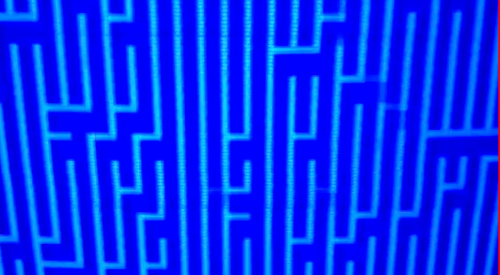“Bullet” and Poem without Suffering

David Byrne’s earworm takes a distant yet close perspective, describing a bullet’s fatal encounter with a human body. Did he know about Kaplan’s similar short, rapid, book-length poem? Byrne’s song sets its sights on an adult man, Kaplan’s poem on a child. The life of the child is hinted by describing what a warm maternal relationship is like, and by mentioning injuries from falling off a bunk bed and being hit by a baseball. We hear about the man’s life because of what the bullet cuts through: “Skin that women had touched,” “Many fine meals he tasted there,” “his heart with thoughts of you.” The general description is very effective. There are striking metaphors — positive associations — for the bullet itself, also. In Poem, it is a triumphant runner (such as Usain Bolt, who bears the name of a crossbow’s projectile) dragging gore from the body as if it were a trophy or banner. In “Bullet,” it is “Like an old grey dog / On a fox’s trail.” Perhaps America’s reliable old dog cannot be taught new tricks.


 The concept is based on one-line C programs to generate music, the earliest of which were by viznut. I (nom de nom) wrote a C expression in this style to generate a waveform that could be output as sound but
The concept is based on one-line C programs to generate music, the earliest of which were by viznut. I (nom de nom) wrote a C expression in this style to generate a waveform that could be output as sound but



